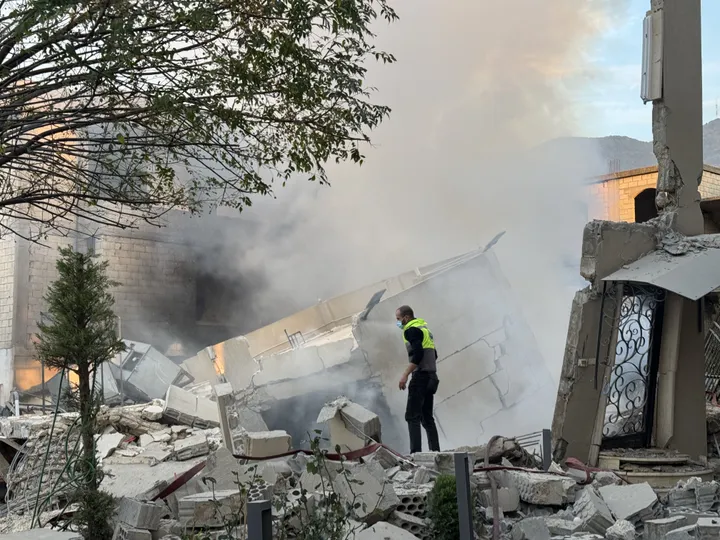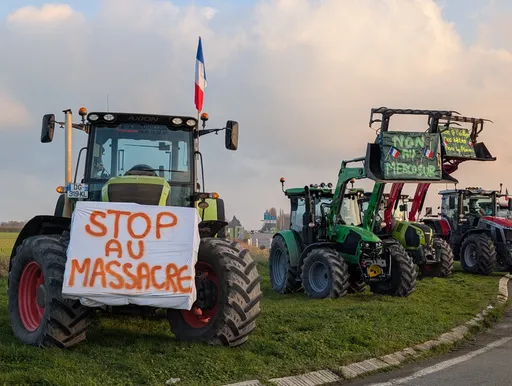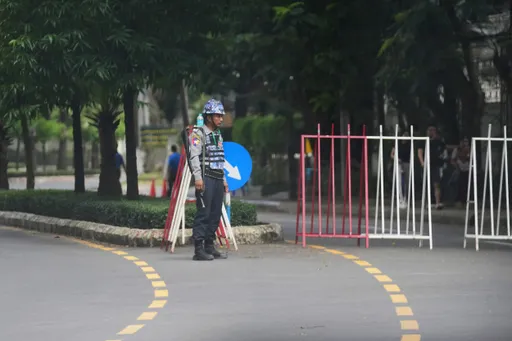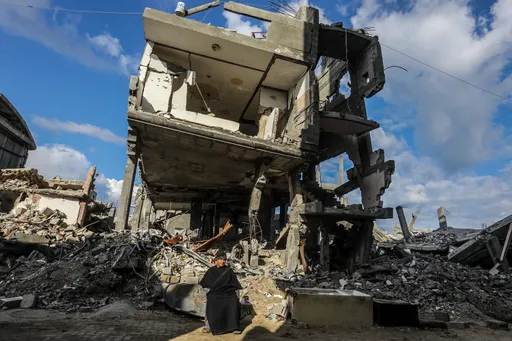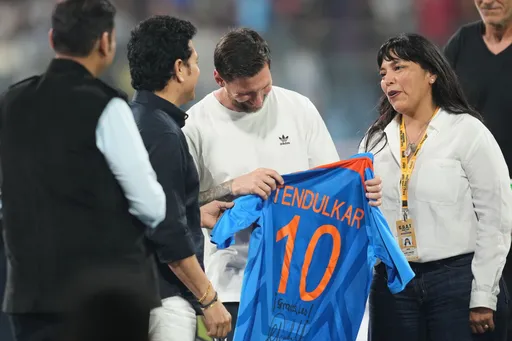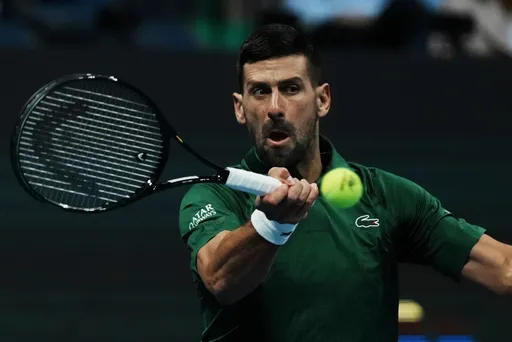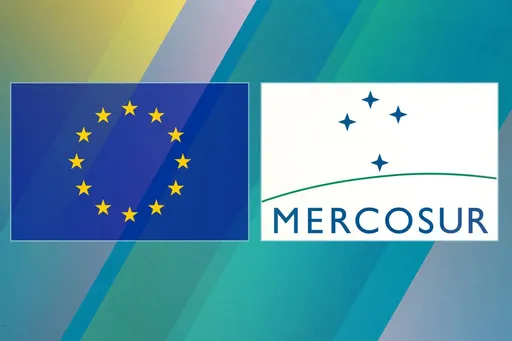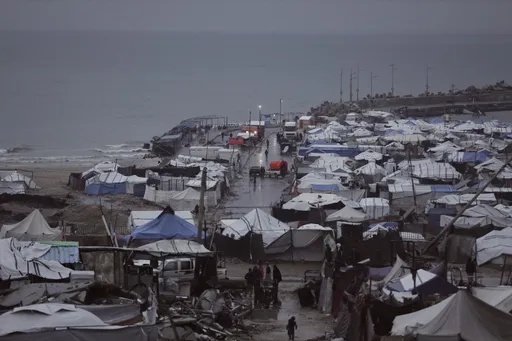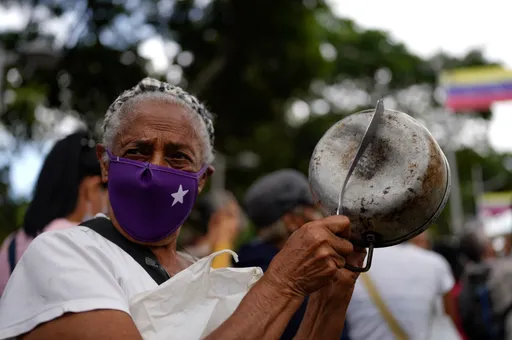The biggest trial in France's modern history has opened of 20 suspects charged over the November 2015 Paris attacks that saw 130 people killed, with an expected nine months of hearings set to reopen still raw wounds.
The suicide bombing and gun assault by three teams of militants on bars, restaurants and the Bataclan music venue – planned in Syria and later claimed by Daesh terror group – was the worst postwar atrocity on French territory.
The only surviving attacker, Salah Abdeslam, is in the dock with 13 other defendants at a purpose-built facility in central Paris.
Six others are being tried in absentia. Twelve of the 20 people on trial, including Abdeslam, face life sentences if convicted.
The area around the court was blocked off on Wednesday and armed police with dogs were on patrol ahead of the proceedings that begin around 1100 GMT.
READ MORE:Lafarge financed Daesh with knowledge of French intelligence - report
'Entering the unknown'
"We are entering the unknown," said Arthur Denouveaux, a survivor of the Bataclan music venue attack and president of Life for Paris, a victims' association.
"We're eager for it to start but we're wondering how it's going to go over the next nine months," he said.
The trial will last until May 2022 with 145 days of scheduled hearings involving about 330 lawyers, 300 victims and testimony from former president Francois Hollande in November.
"These events are seared into our collective memory," Justice Minister Eric Dupont-Moretti told French TV, vowing that the trial would rise to the challenge.
Silent suspect pledges Daesh fielty
Surviving gunman Abdeslam, now 31, who was born in Belgium but has French and Moroccan nationality, fled the scene of the carnage after abandoning his suicide belt, which investigators later found to be defective.
He was captured four months later in Brussels, hiding in a building close to his family home.
Abdeslam has refused to cooperate with the French investigation and remained largely silent throughout a separate trial in Belgium in 2018.
He declared on Wednesday there is "no god but Allah" and gave his profession as a "fighter for the Islamic State" group as the trial got underway.
Asked by the Paris court to confirm his identity as proceedings started, Abdeslam, said: "Firstly I want to state that there is no god but Allah and Mohammed is his messenger", the basic statement of Islamic faith known as the Shahadah.
Asked to give his profession, he replied: "I gave up all professions to become a fighter for the Islamic State".
A major question is whether he will speak at his scheduled testimony, set for mid-January.
"He must speak to victims. If he does not say anything, his cowardice will be even greater than what we assume it to be today," Hollande told France info radio.
Questions over entry from Syria
The trial will scrutinise how a squad of killers managed to enter France undetected, allegedly using the flow of migrants from Daesh-controlled regions of Syria as cover.
Fourteen of the accused – who face charges ranging from providing logistical support to planning the attacks as well as weapons offences – are expected to be present in court.
They include Osama Krayem, a Swede who Belgian investigators have identified as one of the killers of a Jordanian pilot burnt alive in a cage by Daesh in early 2015 in Syria.
He is also under investigation in Sweden for war crimes.
The alleged coordinator, Belgian national Abdelhamid Abaaoud, was killed by French police northeast of Paris five days after the attacks.
Of the six tried in absentia, five are presumed dead, mainly in air strikes in Syria.
'Give a voice' to victims
The horror was unleashed late on Friday, November 13, when militants detonated suicide belts outside the Stade de France stadium where Hollande was in the crowd watching France play a football match against Germany. One person was killed there.
A group of gunmen, including Abdeslam's brother Brahim, later opened fire from a car on half a dozen restaurants, which were packed on the balmy autumn evening.
The massacre culminated at the Bataclan music venue. Three militants stormed in during a performance, killing 90 people.
While the trial's initial phase will be devoted to procedural issues, testimony begins on September 28 from some 300 survivors and relatives of victims for five weeks of harrowing statements.
Philippe Duperron, whose 30-year-old son was fatally wounded in the Bataclan and is president of the victims' association 13onze15, said he hoped the trial would "give a voice to all those who are no longer there".
"A wave of emotion will surge up and things will come to the surface that will hit even those who have chosen to keep a distance, like some of the victims," Duperron told AFP.
France was hit by a spate of "lone wolf" militant attacks last year as the trial into the 2015 massacre at the Charlie Hebdo satirical weekly was going on, and Interior Minister Gerald Darmanin said 1,000 police would be on duty to ensure security.
"The terrorist threat in France is particularly high. And clearly during trials over terrorist attacks, the threat is even higher," he told French radio.
READ MORE:Surviving suspect in 2015 Paris attacks refuses to answer Belgian court
READ MORE: Sting reopens Bataclan concert hall one year after Paris massacre


